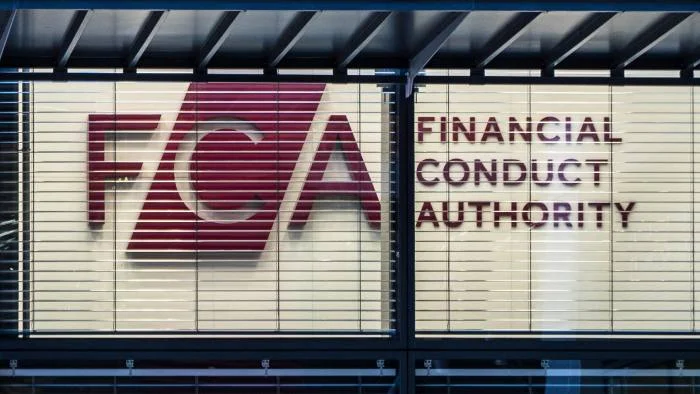Excessive regulation of the crypto sector, according to the chairman of the Financial Conduct Authority (FCA) in the United Kingdom, could backfire, especially in the case of some cryptocurrency tokens.

Regulators must strengthen consumer protections for crypto token investors while also keeping in mind that excess could backfire, according to the chair of the Financial Conduct Authority (FCA) in the United Kingdom.
Charles Randell, Chair of the FCA and Payments Systems Regulator, said in a new address written for the Cambridge International Symposium on Economic Crime that there is currently a genuine problem with consumers who enter the crypto world without fully understanding the risks.
He emphasized the importance of influencers and sponsored advertising, saying that Kim Kardashian’s recent Instagram promotion of Ethereum Max, a brand-new token created by “unknown developers,” “may have been the financial promotion with the single largest audience reach in history.”
While Randell would not say whether Ethereum Max is fraudulent, he did suggest that the campaign’s broad reach and ability to deceive uninformed consumers should give regulators pause.
With factors including retail investor enthusiasm, FOMO, and the growth of crypto-related pump and dump frauds, Randell claims that many consumers are unaware of the financial dangers they are taking by relying on influencer endorsements and sophisticated online token marketing.
Randell illustrated his point by stating that over 2.3 million people in the United Kingdom own cryptocurrency, with 14% of them “worryingly” purchasing it on credit.
Furthermore, according to the FCA’s data, 12 percent of crypto holders — around 250,000 Britons — believe they will be covered by the FCA or the UK’s Financial Services Compensation Scheme if something goes wrong.
Despite the fact that there is “no shortage of consumer harm in many of those markets,” Randell is wary of overstepping the mark when it comes to the new asset class, emphasizing that U.K. consumers are free to engage in other unregulated speculative activities ranging from gold and foreign currencies to Pokemon cards.
“So why should we regulate purely speculative digital tokens? And if we do regulate these tokens, will this lead people to think that they are bona fide investments? That is, will the involvement of the FCA give them a ’halo effect’ that raises unrealistic expectations of consumer protection?”
While the FCA presently controls cryptocurrency exchanges and prohibits the selling of crypto derivatives to retail customers, Randell suggested that the agency’s future actions should focus on two areas: stablecoins and security tokens.
Both, he believes, have the potential to provide “encouraging helpful new ideas” for cross-border payments, financial infrastructures, and financial inclusion, and should not be stifled by excessive red tape.
Instead, he advocated for a more moderate approach, in accordance with existing FCA standards, to guarantee that token issuers and blockchain enterprises are solvent and transparent.
He also praised the FCA’s regulatory sandbox for its success in allowing developers to test their ideas in a safe and controlled setting.
Randell stated that, in addition to stablecoins and security tokens, the FCA should focus on misleading crypto-asset advertising, which it has been researching for over a year.
The FCA established an 11 million pound ($15 million) fund in mid-July 2021 to undertake an online marketing campaign alerting Britons, particularly those aged 18–30, of the hazards connected with numerous crypto investments.
